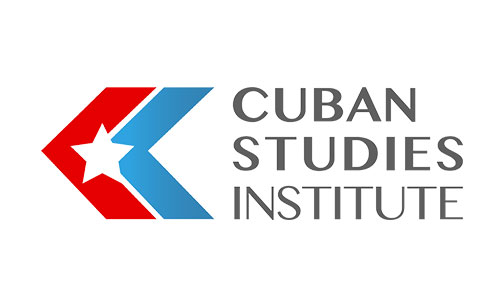Anarchism
Strong in Spain in the 1870s, anarchism reached Cuba through immigration and literature in the 1880s, and its successful appeal to Cuban workers threatened the non-political trade union movement organized by the Partido Reformista. By the 1890s, however, it had been largely suppressed by the authorities, its leaders imprisoned or deported to Spain. After the 1917 […]


